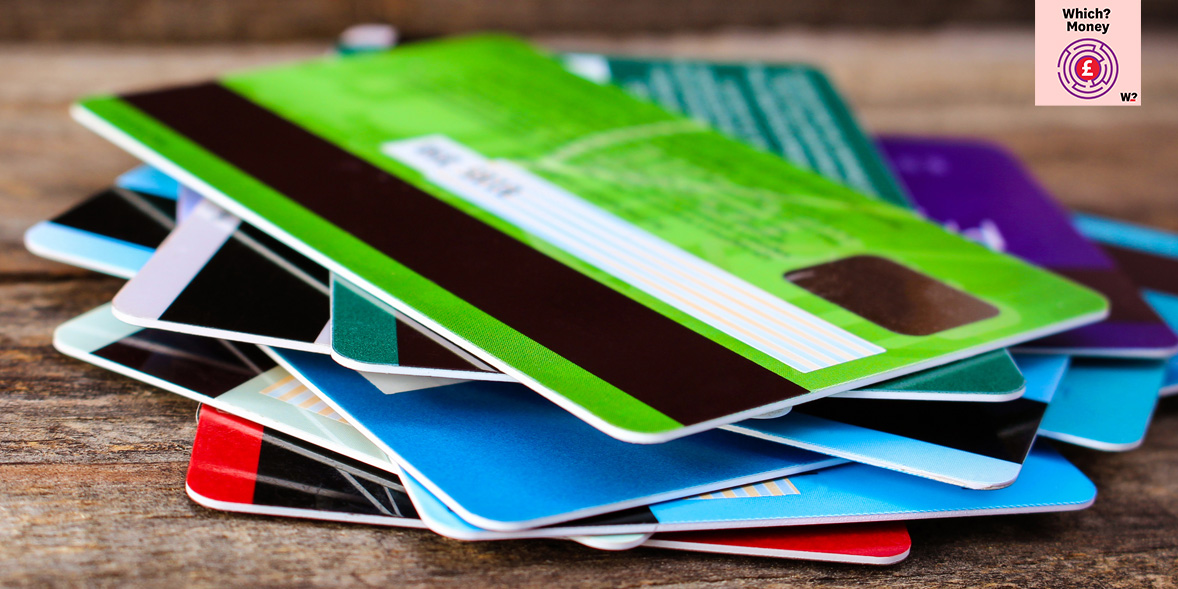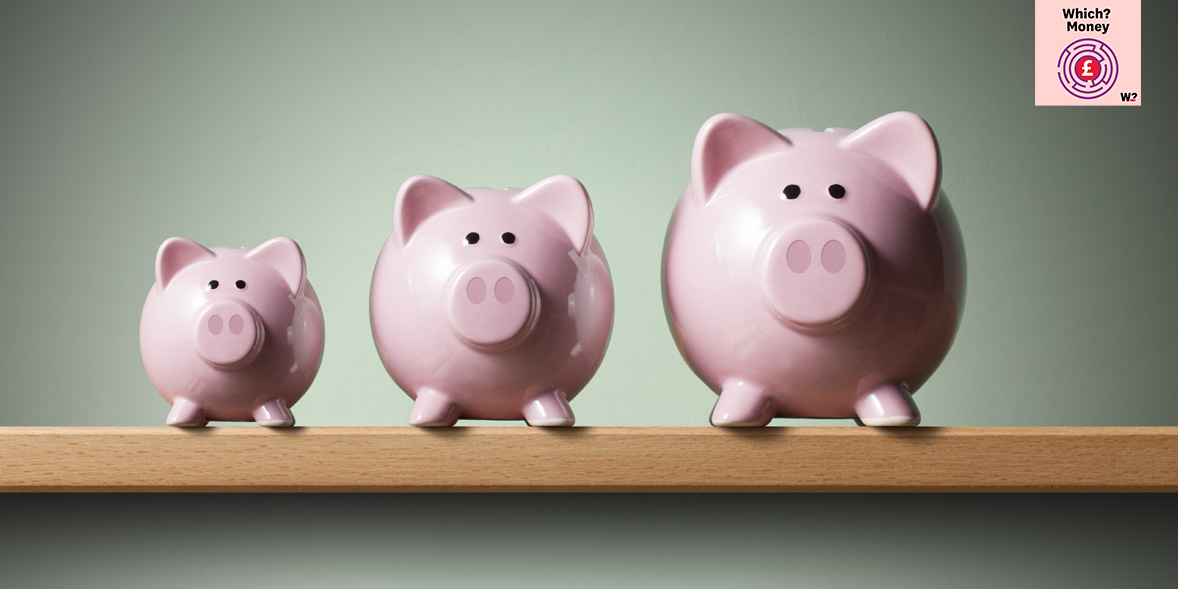
How much is your house worth?
House prices in my area
When trying to work out how much your house is worth, it's vital that you look at local house prices rather than national averages. This is because there can be vast differences between property markets across the country and even within a county.
The Land Registry website lists sold prices and you can search it by town, street or even individual property. The downside is that it doesn't have up-to-the-minute data, as the property sale needs to have both completed and been processed by the Land Registry before the site gets updated.
For a more current idea of what's happening, talk to local estate agents. They'll have the inside scoop on how much local houses have sold for before the data hits the Land Registry website.
What else affects how much your house is worth?
In terms of the house or flat itself, the following factors will all affect its value:
- number of bedrooms
- age
- size
- garden
- parking
- garage
- structural integrity
- condition (decor, kitchen, bathroom)
- layout
- any extras, eg a shed that's been converted into an office
If you're concerned that a problem with the property may bring down its value, you could consider having a house survey done to understand the extent of the issue. You could then either get it fixed before putting your home on the market, or factor it into your asking price.
Local factors that affect your house price
- schools
- amenities, eg a GP's surgery
- shops and restaurants
- demographics (eg if your home would be suited to families and there's a shortage of similar-sized properties in the area you may get a higher price)
- regeneration plans
- infrastructure
- transport links
- crime rates
How to get a house valuation
While everything above can help you get an idea of how much your house is worth, the most accurate way of finding out is to ask the experts.
You should invite three local estate agents who have recently sold properties similar to yours to value your home.
A good agent will explore the property and then sit with you to discuss local market activity, any recent experiences they've had with similar properties and buyer demand for homes like yours. Most will give you a valuation on the spot and also follow up in writing.
- Find out more: how to choose an estate agent
How to set a realistic asking price
Once you've arranged three estate agent valuations, don't be surprised if you end up with three different figures. A good rule of thumb is to go with the middle valuation or calculate an average.
It's also a good idea to check estate agents' windows and websites like Rightmove and Zoopla to see how much similar properties are on the market for.
Don't automatically choose the agent who gave you the highest valuation - some companies use this as a tactic to win business.
Asking prices vs prices paid
It's very common for buyers in England and Wales to make an offer below the asking price, rather than offering the full amount.
That said, in some areas properties routinely sell for more than the asking price. This is more common in very competitive areas where demand outstrips supply and sellers receive bids from several buyers.
If you find yourself in this situation as a seller, your estate agent will advise you on the best way to proceed.
Find out more: how to sell your house



















